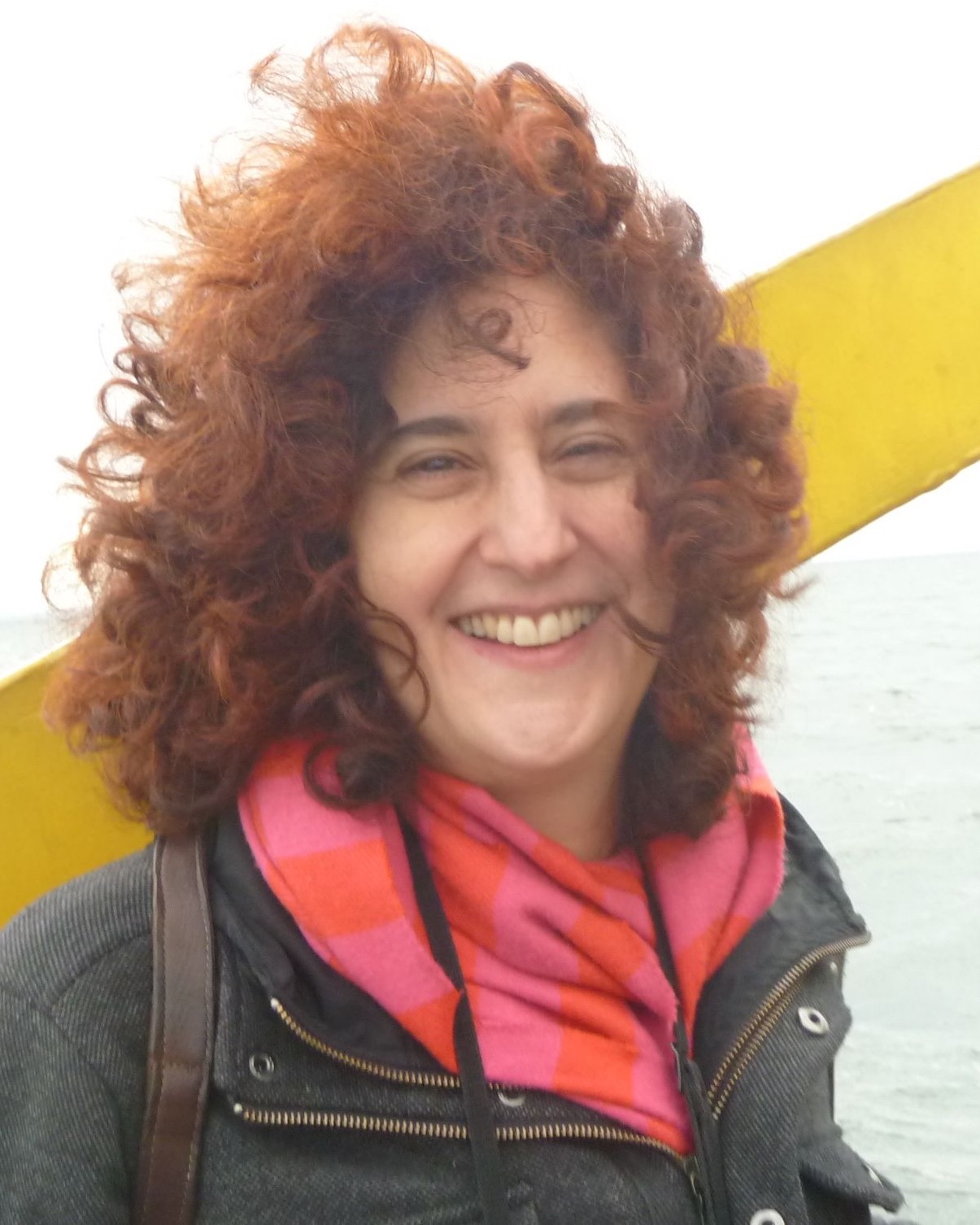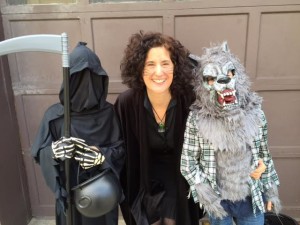
What single concept or skill do you feel is most important for your students to learn, and what is your approach to teaching it?
Reporting. By the time students graduate, I want them to know how to become an instant expert on whatever topic they are covering. Journalists who lack training in science and health often turn to self-proclaimed “experts”—media-savvy doctors, psychologists, etc., who are happy to comment on anything—rather than identifying the distinct cadre of people who’ve been studying for years the issue at hand. Our students complete demanding beat memos that help them identify the key players in a specific field—scientists, advocacy groups, government and industry sources, savvy bloggers, affected patients. Internet searches often turn up decent-looking websites hawking unsubstantiated or biased information. Our students learn to weed out these questionable sources.
What specific skills-related experiences outside the classroom do you think are most important for students to have in their training?
Internships are key because they offer clips and real-world experience. And from a practical perspective, internships often lead to freelance opportunities and full-time jobs. I encourage students to intern only at places where they would like to work someday, and to do as many internships as possible, during and immediately after J-school.
What have you learned in your own career that you most hope to convey to your students?
Pick up the phone: Don’t spend too much time reading studies or doing background research. By all means, take an hour to get up to speed, but the doors to a story won’t open until you start talking with real people. I came of age before the Internet, when we had no choice but to call people. It was understood that you would start out ignorant and learn as the reporting progressed. While the web is an amazing resource, it can be overwhelming for young journalists, who feel they need to know everything before they interview anyone. That’s a heavy burden, and unrealistic. A related bit of advice: While email is a great way to set up an interview, don’t conduct interviews over email except as a last resort. Conversational give-and-take will lead to byways you didn’t even know to ask about, as well as superior quotes.
Don’t argue with edits: If an intelligent person has read, watched, or listened to your piece and didn’t understand something, then you haven’t expressed it right. Explaining what you meant or what they were supposed to get out of your work is pointless. Revise.
Know your venue: Whether you’re applying for an internship, seeking a job, or pitching, make sure you have fully explored the publication and understand its audience, style, and approach to stories.
Don’t despair if you struggle to find ideas: Story ideas are the currency of journalism, but not everyone naturally bubbles over with them. When I started, I felt constipated in this department, yet now I have more ideas than I know what to do with. I reassure students that story generation, like every other journalistic skill, comes with practice. To nurture it along, choose two or three areas of science or health you’re fascinated by, and follow them through little-known information streams—specialized scientific journals, newsletters, twitter lists, trade publications, etc. That way you’ll find out about trends before they hit the mainstream. Also, stories beget stories, so keep working: An expert you interview for a news story may mention something that leads to a feature.

Ask editors what they need: My colleague Melinda Wenner Moyer offers the best advice I know for freelancers: Instead of coming up with story ideas and then trying to figure out where to sell them, take the opposite approach. Find a venue that publishes early-career journalists and ask an editor there which topic areas or departments they have trouble filling. Publications often have recurring rubrics—like the intersection of art and science, or DIY science—that they struggle to fill on a regular basis. Pitch those stories, and you’re in.
What textbooks and other reading do you use in your teaching?
For practical advice on creating long-form magazine-style pieces, The Art and Craft of Feature Writing, by William Blundell, is a great primer. Transom.org has terrific hands-on advice for students interested in audio.
There are also some good books specifically about health and science journalism, though they tend to be sparse on multimedia advice. One I like is The Science Writers’ Handbook: Everything You Need to Know to Pitch, Publish, and Prosper in the Digital Age.
Perhaps the best book on craft I know is by Roy Peter Clark of the Poynter Institute: Writing Tools: 50 Essential Strategies for Every Writer.
For inspiration and a laugh, I like Bird by Bird: Some Instructions on Writing and Life, by Anne Lamott.
What resources do you wish were more readily available for students?
I wish it were less expensive for students to attend conferences, like AHCJ, SEJ, and NASW. These events provide great opportunities for inspiration, skills building, and networking.
What is a science story that you admire, and why?
I love Atul Gawande’s piece “Letting Go,” from The New Yorker. Gawande interweaves his own experiences as a doctor with the affecting situations of his patients. But that’s just the beginning. He brings in relevant history—the deaths of scientist Stephen Jay Gould and George Washington, among others. He analyzes the data. He reflects. And he gets out and reports. He makes house calls with a hospice nurse. He interviews an ICU doctor in La Crosse, Wisconsin, where end-of-life costs are lower than average.
His brilliant insights and analogies just flow. “We’ve created a multitrillion-dollar edifice for dispensing the medical equivalent of lottery tickets—and have only the rudiments of a system to prepare patients for the near-certainty that those tickets will not win,” he writes. And: “In a war that you cannot win, you don’t want a general who fights to the point of total annihilation. You don’t want Custer. You want Robert E. Lee, someone who knew how to fight for territory when he could and how to surrender when he couldn’t, someone who understood that the damage is greatest if all you do is fight to the bitter end.” Gawande points out truths so basic that they tend to get overlooked. “People die only once. They have no experience to draw upon,” he writes, which is why costs and suffering won’t diminish until doctors aid patients in making final choices.


